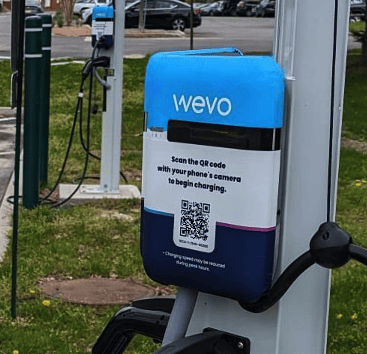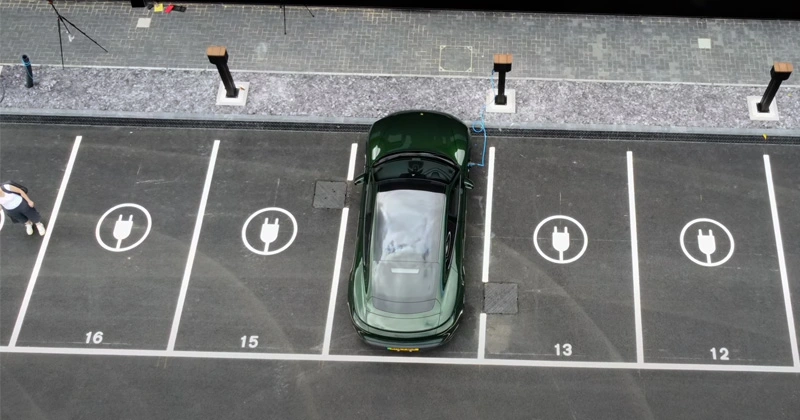Charging as a service (CaaS) is a subscription-based model that provides businesses and individuals with access to electric vehicle (EV) charging stations without purchasing or installing them themselves. CaaS operators, also known as Charge Point Operators (CPOs), are responsible for all aspects of the EV charging experience, including installation, maintenance, and billing.
Charging as a service – benefits for customers
For customers, CaaS offers several advantages over traditional EV charging ownership models, including:
- Reduced upfront costs: CaaS eliminates the need to purchase charging stations outright, which can be a significant investment.
- Scalability: CaaS providers can easily scale up or down the number of charging stations based on the customer’s needs.
- Expertise: CaaS providers have the expertise to design, install, and maintain EV charging systems safely and efficiently.
- Peace of mind: CaaS customers can rest assured that their charging stations are always up and running and that they have access to 24/7 support.

Components of a CaaS service
Charging as a service typically consists of the following components:
- Financing: CaaS operators typically finance the purchase and installation of EV charging stations. This can be done through various sources, such as loans, grants, and private investment.
- EV chargers: CaaS operators must select EV chargers appropriate for their target market and budget. Various EV chargers are available, with different charging speeds and capabilities.
- Management platform (CPMS): A CPMS (charge point management system) software allows CaaS operators to manage their charging stations. This includes features such as remote monitoring, reporting, and billing.
- Billing: CaaS operators use a billing system to charge their customers for using the service. Various billing methods are available, such as subscription fees, pay-per-use fees, and a combination of both.
- O&M (operations and maintenance): Charging as a service operator must maintain their EV charging stations to ensure that they are in good working order. This includes tasks such as replacing worn parts and repairing any damage.
- Customer service: CaaS operators need to provide excellent customer service to their customers. This includes responding to inquiries promptly and resolving any issues quickly and efficiently.
In addition to these components, CaaS operators may also offer other services, such as:
- Installation and setup: Charging as a service operators can offer to install and set up EV charging stations for their customers. This can be a valuable service for customers who do not have the expertise or time to do it themselves.
- Maintenance and repair: CaaS operators can offer to maintain and repair EV charging stations for their customers. This can help to reduce downtime and ensure that the charging stations are always available to customers.
- Energy management: CaaS operators can help their customers to manage their energy consumption more efficiently. This can save customers money on their energy bills and help to reduce their carbon footprint.
The importance of standards for Charging as a service
OCPP (Open Charge Point Protocol) and OCPI (Open Charge Point Interface) are two open standards that are essential for Charging as a Service (CaaS) operators. OCPP dehttps://wevo.energy/white-papers/ocpi/fines the communication protocol between electric vehicle charging stations and their backend systems, while OCPI defines the communication protocol between different charging networks and service providers.
It is essential for a charging-as-a-service operator to choose OCPP Certified chargers and management systems to avoid vendor lock and chargers becoming obsolete. Choosing certified products also ensures security and resiliency to cyber-attacks.
How we can help
Wevo Energy is a leading provider of software solutions for smart EV charging. We provide a fully OCPP-certified (full certification and security certification) software platform that supports every scenario: apartment complexes, workplaces, fleets, destination, and public charging.


